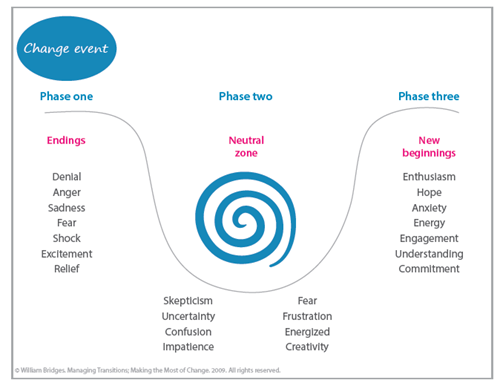Everything in our world is subject to constant change. The world turns while we work, live and sleep; relationships shift during important conversations; business leaders change strategies; organizations embed new technologies. No industry is immune to this continual evolution, but some are more susceptible than most – and healthcare is assuredly one of them.
Healthcare is constantly subject to changing priorities, policies and pieces of legislation, as successive governments try to bend it to their will. In the West, the ageing demographic means that patient care is more complex than ever before, requiring an increasingly multidisciplinary approach with each passing year. Attracting the best talent gets ever tougher in a competitive market, and new innovations and technologies give rise to questions about the role of humanity and AI in healthcare.
You think change is constant? Try human skills
Even during such turbulent times, for leaders there is a constant at the heart of any organization, and that’s the people that bring value every single day. Inspired, engaged, motivated people are your best bet, your sure thing, and your most valuable asset. However, as individuals they are all coping with constant change, just as you are, and that makes it tough for them to deliver their very best every time they come to work.
So how do you help people cope with change that seems to come at them from all directions, in ways both personal and small, and also overwhelmingly large?
You treat them as humans, in all their infinite variety.
It’s the transitions that do you in
What leaders must recognize is that change may be organizational, but actually experiencing the transition is an internal and individual process. Each person brings their own baggage to change: their preferences, their appetite (or otherwise) for something new, and their mindset, for example.
That’s why, when we partner with organizations dealing with change, we focus not on the mechanism or process, but on the human aspect of change. By helping every individual understand how they react to change, why that might be, and why others do it differently, we can build in the resilience that is so key to successful transformation. In fact, we do more than help people cope – we help them flourish and thrive even during difficult times, because we allow them the freedom to bring their whole self to the change process.
Author of ‘Managing Transitions’ William Bridges describes the individual process well, when he says:
It isn’t the changes that do you in, it’s the transitions. Change is not the same as transition. Change is situational
… Transition is the psychological process people go through to come to terms with the new situation. Change is external, transition is internal.
Thriving through change, together
Because we understand that transition is a personal and internal process, we help teams, departments and entire organizations get to the same place together, while knowing that everyone’s journey is their own.
Look at the stages of the change journey and think about what those might feel like for the various people in your team.

In the Endings zone might lie confusion, anxiety, excitement, relief, denial or anticipation: every single person will experience their own mix of emotions, and display those emotions in their own way. As they move out of the Transition zone and into New beginnings, they’ll all get there in their own time and in their own way – but get there they will, as long as they have a leader who recognizes their journey and respects their unique humanity.
If you’re experiencing organizational change – mergers, new technologies, or increasing competition, for example – Insights can partner with you to help every single person jump on board. When it comes to thriving through change, we deliver Insights for your people, and breakthroughs for your business.


